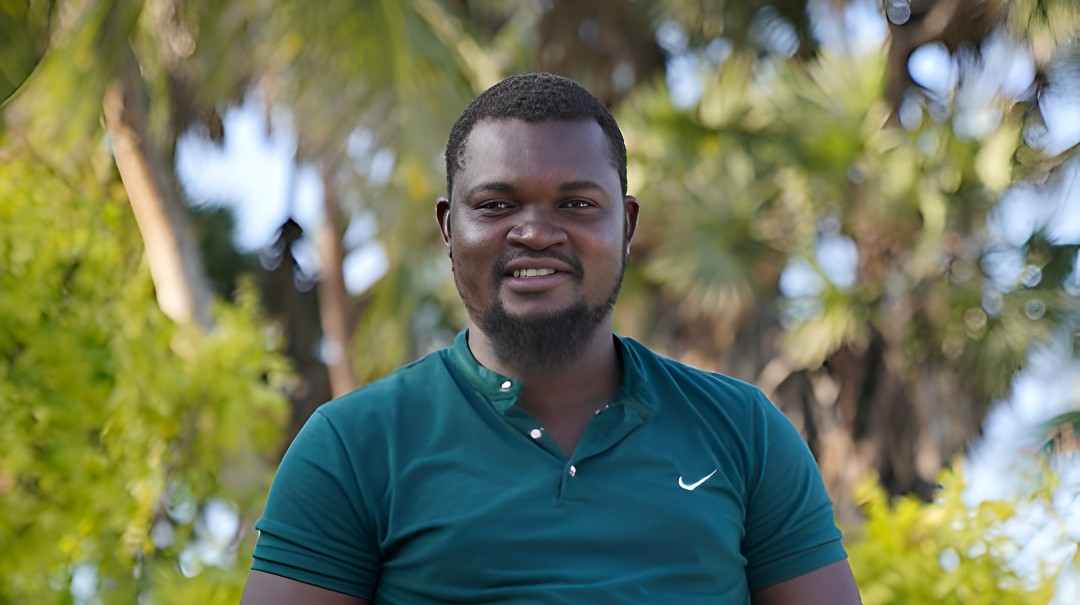US embassy backs calls for justice in Ojwang’s killing, urges state support for IPOA probe

The case, which has caused a huge public backlash against what has emerged this year as a rise in cases of police brutality in the country, is officially being probed by IPOA alone.
The Embassy of the United States of America has joined calls for justice following the brutal killing of teacher Albert Ojwang while in police custody in Nairobi.
In a statement released Wednesday afternoon, the embassy further called on the state to accord the Independent Policing Oversight Authority (IPOA) support in ensuring it delivers on its mandate.
More To Read
- How Ojwang’s killing sparked June 2025 Gen-Z protests
- Man held in Kilimani over Sh2.5 million police recruitment scheme
- IPOA decries low turnout in police recruitment, recommends two-day exercise
- IPOA launches nationwide monitoring of police recruitment to ensure fairness, transparency
- Court recommends murder charges against three officers over 2022 Masimba killings
- Audit reveals 200,000 police officer shortfall amid rising security demands
"Noting concerns around the circumstances of Ojwang's death, the Embassy supports calls from government, parliamentarians, and Kenyan citizens for accountability through a transparent investigation. We also call on the Kenyan government to ensure IPOA has the access and support needed to perform its duties," the statement said.
The embassy urged IPOA to ensure it conducts its ongoing investigation swiftly and thoroughly.
The case, which has caused a huge public backlash against what has emerged this year as a rise in cases of police brutality in the country, is officially being probed by IPOA alone.
Slow turnaround
However, the public has questioned IPOA for its slow turnaround in handling cases, some of which have dragged on in court for years.
Speaking while honouring Senate summons on Wednesday, IPOA Vice Chairperson Anne Wanjiku emphasised that the court declared the authority as the only institution to investigate crimes committed by police officers.
However, in the judgement, the court declared that IPOA shall have lead on matters of deaths which occur as result of police actions, death in police custody and serious injuries occasioned by police actions but not all crimes committed by National Police Service (NPS) officers, meaning the Internal Afgaits Unit can still probe such cases.
At the moment, however, the IG has yet to direct the internal accountability mechanism to conduct a parallel probe in the matter.
The law requires him to invoke article 245(4)(a) of the constitution, paragraph 13 of the fifth schedule and paragraphs 5 and 6 of the sixth schedule of the NPS Act, in directing IAU to be part of the inquiry.
Had that been done, the Director DCI Amin Mohamed would have been summoned alongside the IAU Director to respond to some of the questions being raised by legislators on police oversight investigations.
Top Stories Today












































